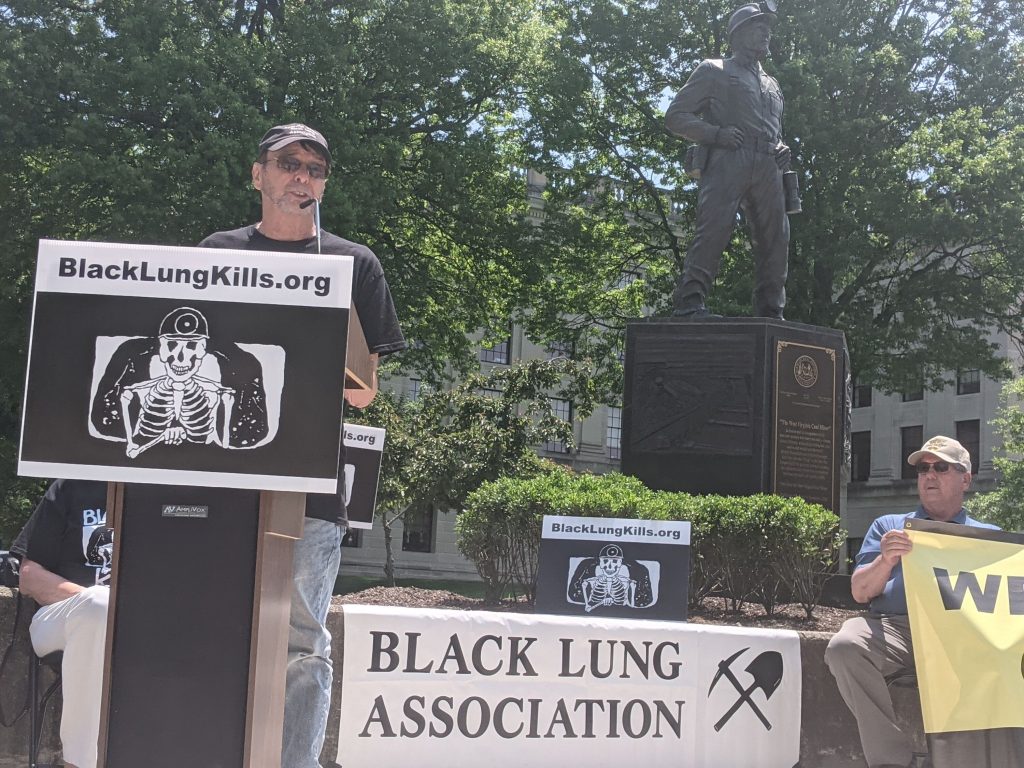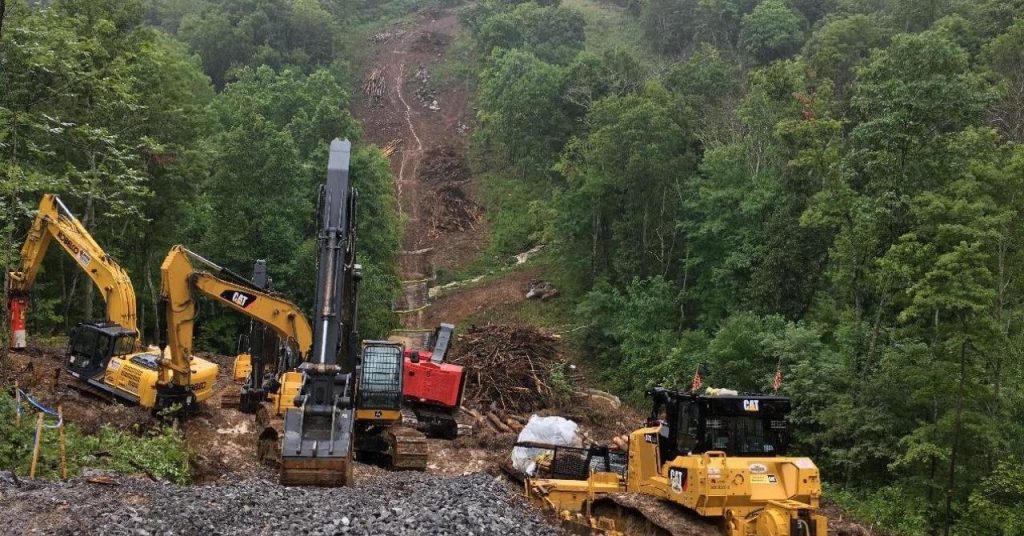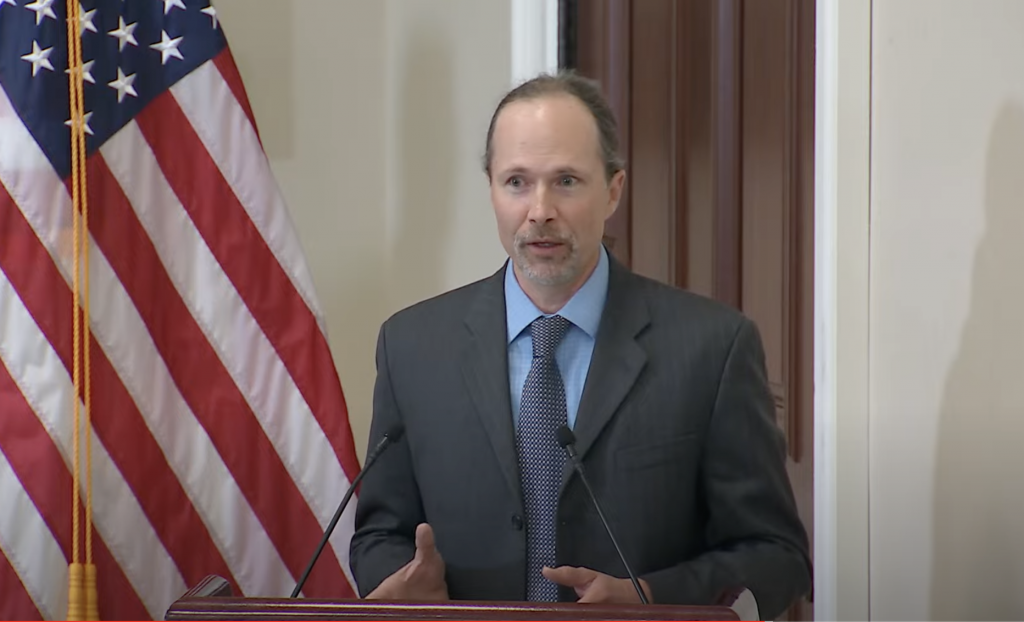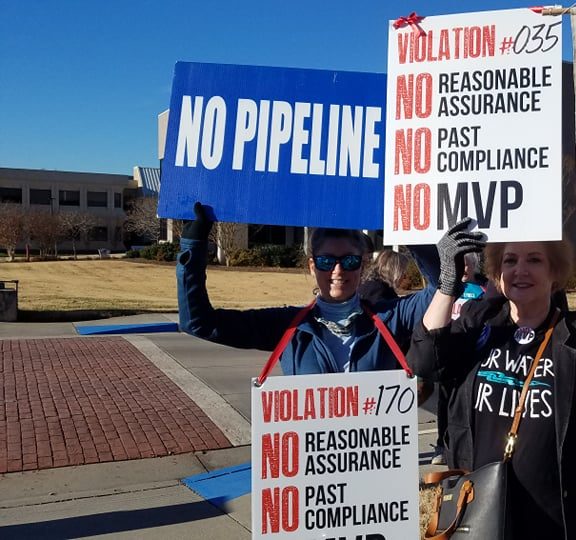Cleaning Up Coal Ash
For well over a century, power plants across the country have burned coal to generate electricity. And for just as long, leftover coal ash has been dumped in open, unlined pits near the power plant, usually located on a river or lake. Every year, U.S. power plants produce 130 million tons of coal ash, which is the second largest waste stream in the country after municipal garbage.
Coal ash concentrates the toxic heavy metals found in coal, including arsenic, mercury, lead and selenium. Stored in unlined, wet impoundments, coal ash has been leaking these toxics into our groundwater and surface waters for years. Sometimes these impoundments collapse — with disastrous results.
Yet government regulations for coal ash management are either non-existent or sparse, and there is little enforcement of the regulations that do exist. In North Carolina, this lack of oversight — and the complicity between state regulators, elected officials and Duke Energy — came to a boiling point in February 2014 when one of Duke’s coal ash impoundments spilled 39 million tons of ash into the Dan River.
Citizens living near North Carolina’s 33 coal ash impoundments — all of which have leaked — have fought for transparency from Duke and the state, and for cleanup of the pollution that threatens their property value, health and family. Their actions forced this issue into the headlines of news networks and to the forefront of environmental justice conversations in the United States.
Appalachian Voices stood with these communities as we worked for years to compel Duke Energy and the N.C. Department of Environmental Quality to excavate coal ash from all the North Carolina sites and dispose of it either in lined, dry landfills, away from waterways, or by recycling it for concrete or other uses, provided it’s done in a manner that protects public health and the environment.
On Jan. 2, 2020, North Carolina announced a historic settlement with one of the state’s most powerful corporations and polluters, Duke Energy. The settlement requires Duke to move nearly 80 million tons of toxic coal ash at six of its power plants to properly lined landfills onsite or recycle it.

Learn information about specific coal ash impoundments in the South, including health threats and safety ratings:
Additional Resources
Fact sheets, videos, links to academic research, and more
Sign Up to Act
Help us protect the health of our communities and waterways.
Latest News
Regulators Poised to Update Miners’ Protections from Silica Dust
Expected new silica dust regulations in mines could combat the rise of black lung disease. However, the effects of an ongoing federal silica enforcement initiative remain unclear.
Groups File Legal Challenge to the Mountain Valley Pipeline’s Biological Opinion
Today, environmental organizations filed a petition for review in federal court challenging a recently issued new biological opinion and incidental take statement under the Endangered Species Act for the Mountain Valley Pipeline.
Lawsuit launched to protect endangered crayfish pushed to the brink of extinction by coal mining in Appalachia
The Center for Biological Diversity and Appalachian Voices filed a formal notice today of their intent to sue the U.S. Office of Surface Mining Reclamation and Enforcement and the U.S. Fish and Wildlife Service for failure to protect the endangered Guyandotte River crayfish and the threatened Big Sandy crayfish from coal mining pollution. Both species are protected under the Endangered Species Act.
Biden Administration announces new actions to help energy communities take advantage of historic federal investments in clean energy
Today, the Biden Administration announced a series of actions intended to create jobs, opportunities and investments in energy communities, and to deploy clean energy projects on former mine lands. Appalachian Voices Executive Director Tom Cormons was invited to speak at the announcement.
Court vacates critical West Virginia water permit for Mountain Valley Pipeline
Today, a unanimous panel of the U.S. Court of Appeals for the 4th Circuit vacated the West Virginia Department of Environmental Protection’s Clean Water Act § 401 certification for the Mountain Valley Pipeline, finding that the agency’s justification behind its conclusion that the pipeline would not violate the state’s water quality standards was deficient.
U.S. 4th Circuit Court of Appeals upheld Virginia’s Clean Water Act 401 Permit for Mountain Valley Pipeline
FOR IMMEDIATE RELEASE: Wednesday, March 29, 2023 CONTACT:…











